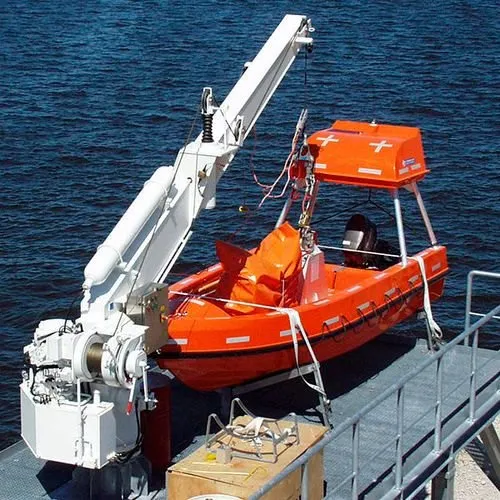The International Maritime Organization (IMO) continues its commitment to maritime safety with the adoption of Resolution MSC.81(70), focusing on the testing requirements for life-saving appliances. This resolution, adopted on 11 December 1998, underscores the importance of precise testing procedures to ensure the effectiveness of life-saving equipment in emergency situations.
Recalling the responsibilities outlined in Article 28(b) of the Convention on the International Maritime Organization, the Maritime Safety Committee (MSC) acknowledges its duty to oversee the development of regulations pertaining to maritime safety. Resolution A.689(17) empowered the Committee to review and amend recommendations concerning the testing of life-saving appliances, a responsibility it has diligently fulfilled through subsequent amendments.
Since the adoption of Resolution A.689(17), the Committee has amended the Recommendation on testing of life-saving appliances on five occasions. These amendments, including resolutions MSC 54(66) and circulars MSC/Circ.596, MSC/Circ.615, and MSC/Circ.809, reflect the ongoing efforts to enhance safety standards in maritime operations.
The 1995 SOLAS Conference played a pivotal role in shaping safety regulations by adopting amendments concerning ro-ro passenger ships. Resolution 7 emphasized the importance of developing relevant requirements, guidelines, and performance standards to implement these amendments effectively. Additionally, the International Life-Saving Appliance (LSA) Code, which came into force on 1 July 1998, further strengthened safety measures by establishing requirements for life-saving appliances under new chapter III of the 1974 SOLAS Convention.
Recognizing the need for more precise testing requirements, the MSC has considered recommendations put forth by the Sub-Committee on Ship Design and Equipment. Consequently, the Revised Recommendation on testing of life-saving appliances has been adopted, aiming to ensure the efficacy of life-saving equipment in emergency situations.
Governments are urged to enforce rigorous testing procedures for life-saving appliances, either following the tests recommended in the annex of the resolution or equivalent tests approved by the Administration. For appliances installed after 1 July 2010, adherence to the applicable requirements of the Recommendation is mandatory, while older installations may continue to meet previous versions of testing recommendations if deemed suitable for service by the Administration.
In conclusion, the Revised Recommendation on Testing of Life-Saving Appliances represents a significant stride towards enhancing maritime safety standards. By adhering to these regulations and conducting thorough testing, stakeholders can mitigate risks and ensure the reliability of life-saving equipment, thereby safeguarding lives at sea.

